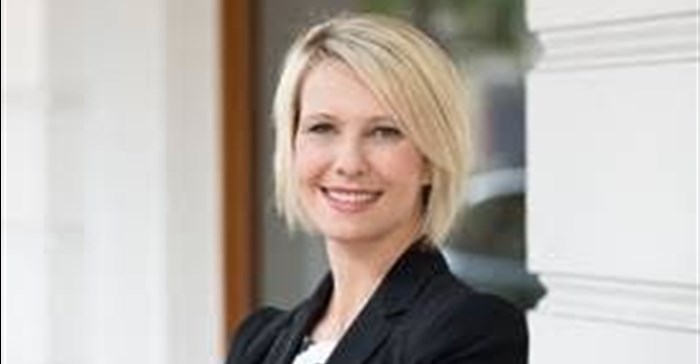
Subscribe & Follow
#AfricaMonth
Jobs
- Creditors Clerk (Accounts Payable) West Rand
- ML Engineer George
- Marketing Specialist - Pet George
- Finance and Admin Administrator Tshwane
- Short Term Claims Manager Tshwane
- Claims Operations Manager Tshwane
- Vet Practice Business Development Consultant Gauteng
- Pricing Engineer Westville
- DTP Operator Westville
- Senior Service Designer Westville
In the news

#WomensMonth: Why the gender pay gap is still an issue

In my years as a CEO, both of a local business and now of the local arm of a global organisation, I have noticed how most women in senior positions shy away from having the gender discussion. In the boardroom and workplace, they feel like they need to be more like men, almost genderless, so that they ‘fit in’. They do not acknowledge that as women we are different, many of us are working mothers and by its very nature we have different needs. And most importantly, it is our responsibility to continue the discussion about gender equality and to not only drive the change, but to be the change, we would like to see.
A recent report by PwC revealed that of the top 40 Johannesburg Stock Exchange (JSE) listed companies, only one had a female chief executive. While in Africa, only 5% of women hold this position, according to the 2016 Women Matter Africa report by McKinsey & Company.
This is a man’s world
One of the major reasons why there are so few women in leadership positions is because the business world is simply not designed to fulfil the needs of women throughout their different life stages. All things considered, it really is a man’s world. There is a strong argument that this is a primary reason why so many women drop out of the workplace after becoming mothers, as it becomes almost impossible to balance a full-time career and family, both mentally and physically.
Co-founders of US start up, Werk, Anna Auerbach and Annie Dean, say more than 30% of the most talented women leave the workforce entirely after having children, but 70% would have kept working if they had flexibility. Hence why they started the company, which connects
women who are looking for career-building opportunities, but require more flexibility in terms of working arrangements. Contracts are pre-negotiated according to the needs of the employee and employer.
A real paradigm shift still needs to happen in South Africa if the gender pay gap is to be addressed. Local businesses need to be more open to negotiating flexible working hours and remuneration contracts for mothers. Society expects mothers to fulfil certain duties, but they do not adapt the workplace for them.
Stand up and own up
In addition to closing the pay gap, it is proven that gender diverse companies are 15% more likely to outperform their peers, according to McKinsey & Company’s Why Diversity Matters, published in 2015. It simply makes good business sense to become more adaptable.
I agree with Sheryl Sandberg’s (chief operating officer of Facebook) recent message that women need to stand up and own up. They need to be the change that they want to see. Senior women represented in South Africa’s boardrooms are in the perfect position to fight inequality in the workplace - particularly those occupying senior leadership roles.
I want to encourage every woman in a senior role to step up and help make the changes required to improve gender equality in the work place. In the inspirational words of Marianne Williamson: “As we are liberated from our own fear, our presence automatically liberates others”.










